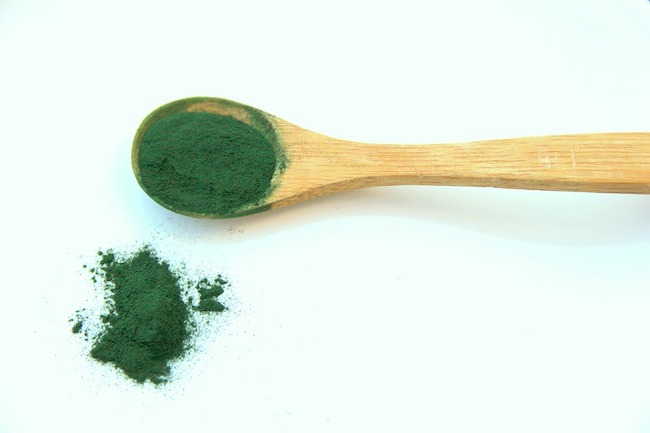Consider These Nutraceuticals to Reduce Clots With COVID-19 by Dr. Joseph Mercola for Mercola
Everyone has the potential to catch the SARS-CoV-2 virus, which causes COVID-19.1 You can significantly affect your risk of infection and severity of disease by taking simple steps. Symptoms for COVID-19 can range from mild to devastating.
There are factors that increase the risk a person may experience severe disease. These include underlying medical conditions such as obesity, heart disease, Type 2 diabetes and chronic obstructive pulmonary disease.2
In one evaluation of COVID-19 patients from six hospitals in Atlanta, researchers found independent factors that raised the risk of hospitalization included being male, smoking, having Type 2 diabetes, being of advanced age and being obese.3
The data also showed that African-Americans had a higher incidence of hospitalization, which correlates with lower levels of vitamin D, a significant risk factor for COVID-19 severity.4 In one estimation published just months before the announcement of COVID-19, researchers found that 40% of U.S. adults are deficient in the vitamin. However, that number rose to 76% for black Americans.5
There are also factors that may reduce your risk of severe disease. These can include maintaining your vitamin D level at 60 ng/mL to 80 ng/mL, addressing any underlying medical conditions, getting plenty of quality sleep, exercising and staying hydrated.
Clotting Complications With COVID-19 Raises Risk of Severity
James DiNicolantonio, Pharm.D, and Mark McCarty published a follow-up to a paper they released February 12, 2020. DiNicolantonio is a cardiovascular research scientist;6 McCarty is a biomedical theoretician and an applied nutritionist.7
In the first article, published in Progress in Cardiovascular Diseases, they made an argument for specific nutraceuticals that may provide relief for those infected with COVID-19.8,9 The second paper was recently published in Open Heart BMJ.10 In it, proposed a pathway that may result in severe disease.
The essay, which they clearly expressed as a hypothesis they believed to be credible, was intended to stimulate conversation and propose studies of the interactions between the virus and vascular endothelial cells.
The basis of the proposal focused on the high rate of clotting complications in those with severe COVID-19. DiNicolantonio and McCarty believe the pathway seems to reflect infection of the vascular endothelial cells. These cells have a high expression of ACE2 protein, which the SARS-CoV-2 virus uses to invade.
Patients with severe COVID-19 demonstrate hypercoagulability, which leads to acute respiratory failure. In one study, patients who were admitted to Padova University Hospital in Italy for acute respiratory failure showed “markedly hypercoagulable thromboelastometry profiles.” The researchers concluded:11
“In conclusion, COVID-19 patients with acute respiratory failure present a severe hypercoagulability rather than consumptive coagulopathy. Fibrin formation and polymerization may predispose to thrombosis and correlate with a worse outcome.”
There is some evidence that infection of the endothelial cells by SARS-CoV-2 virus leads to cell injury, which plays a role in organ failure.12




